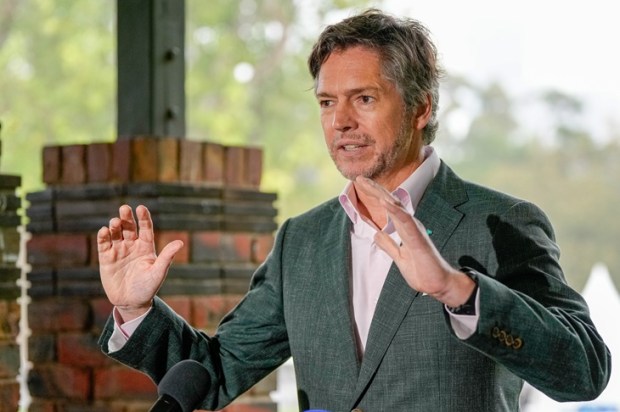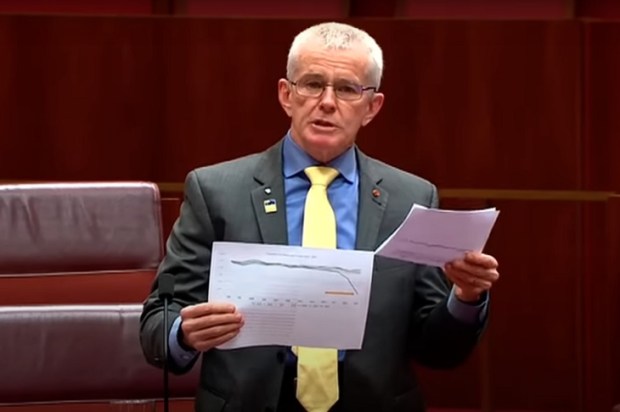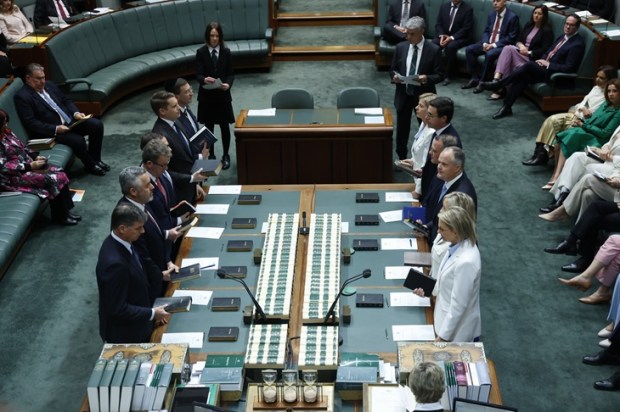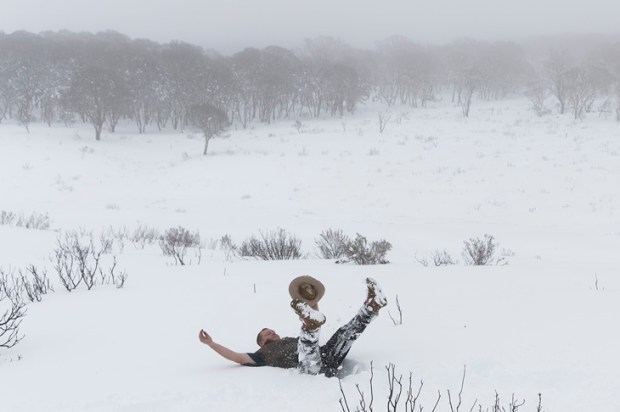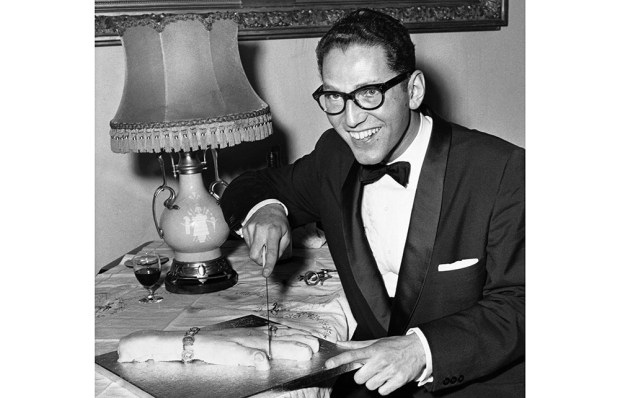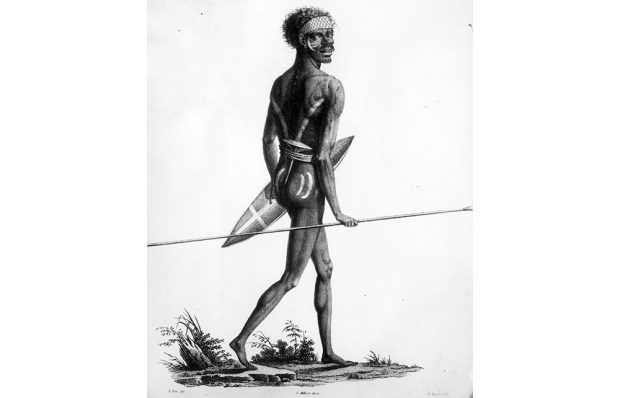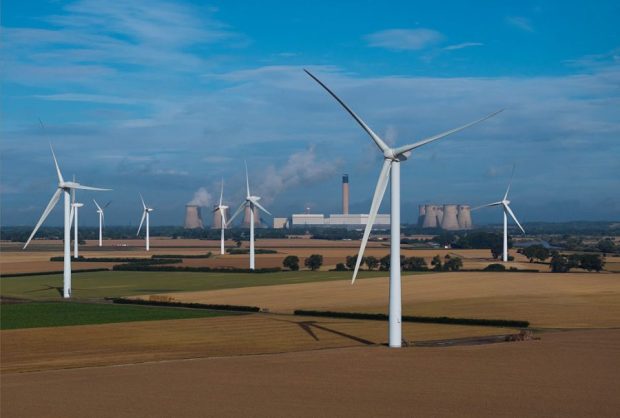Beginning in 1914, the first world war closed our overseas markets and our significant imports were cut off. Disrupted shipping was disastrous for the Australian economy. At the same time, the country suffered significant drought, and in the winter of 1914 rain failed across most of Australia. Wheat production fell from 100 million bushels in 1913-14 to below 25 million in 1914-15 and for the first time since the 1870s wheat was imported for domestic consumption. Production of other Australian staples wool, meat, and dairy products also fell. In 1914 Australia was a major producer of lead, zinc, and copper but almost its entire output was sold to Germany.
In 1914 Attorney-General, and in 1915 Prime Minister, Billy Hughes along with industry leaders William Lawrence Baillieu and William Stanley Robinson saw the war as an opportunity. Hughes was able to find new markets for lead, copper, and zinc by persuading the British to buy not only a large proportion of Australian lead and copper production at high wartime prices but also to buy our entire production of zinc at a high price for ten years after the war. The lead smelter in Port Pirie, thanks to the work of Baillieu and Robinson, expanded to become the world’s largest and another zinc refinery was built in Tasmania.
The second world war had a similar impact on shipping which again laid open the trade dependencies of Australia’s economy. Eventually, the financial cost of the war dwarfed the cost of the first world war, in one year alone the cost of the second world war was equal to the whole cost of the first world war. Working together, government and business were able to effectively respond to the country’s financial and logistical needs during the war. The government established strong controls over the economy, redirecting resources, raising war loans, and expanding private industry. As director of rationing, Herbert Cole ‘Nugget’ Coombs and Sir Roland Wilson, as secretary of the Department of Labour and National Service, both played important roles.
Believing Trump’s idea that our relationship with the United States will be, as Trump said, ‘perfect’ would be a wilful misunderstanding of not just Trump but also of the history of the United States. Already, given Trump’s bromances with powerful tech billionaires, there are questions about tariffs as a result of Labor’s proposed social media ban. If Barack Obama can ask an Australian Prime Minister to stop sending iron ore to China the mind boggles at what Donald Trump might ask. And it was only after Pearl Harbour that the United States fully moved away from an isolationist foreign policy.
In an interview with Sky News Australia, Mr Hockey claimed the former President asked him and then-Prime Minister Tony Abbott to stop sending iron ore to China.
‘I said to the Secretary of the US Treasury, “Are you going to buy our iron ore?” Of course, they weren’t.
‘For me, it was pretty hypocritical. Because the US wasn’t stopping its own sales to China, but they wanted us to try and pull back if not stop.’
Anthony Albanese is making some nice statements in about Australia’s commitment to free trade and also welcoming all those countries who may no longer be able to invest in the United States to think about investing here. But the fact that we are now standing cheek by jowl with China in doing this makes for strange bedfellows, especially considering the fun China had with us when it imposed tariffs of one form or another, one as high as 200 per cent, on barley, beef, timber, wine, lobster coal, cotton, and copper. It’s an understatement to say it will be difficult to maintain trade with our biggest trade partner, China, but at the same avoid aggravating most important military ally, the United States.
Taking a leaf from experiences in both world wars when circumstances forced us into focusing on our industrial and manufacturing base the Labor government in 2023 launched the National Reconstruction Fund Corporation. The NRFC will ‘provide finance in the form of debt, equity and guarantees to support Australian projects that drive high-value industry transformation’. In this it has two jobs, firstly to distinguish which are high-value industries and secondly to ensure they bring the electorate along with them. In the latter, they are clearly failing. For some time, they have failed to persuade people of the benefits of high employment versus high inflation and now they are failing to reassure the electorate of their intentions regarding institutions like Future Fund and Australia’s big super funds. That in the midst of these failures, they are also confronted with deteriorating strategic circumstances, something the electorate is well aware of, makes their job even more difficult. They have a lot of fancy footwork to do in the next five months if they want to avoid being a minority government, or worse, being in the opposition.


